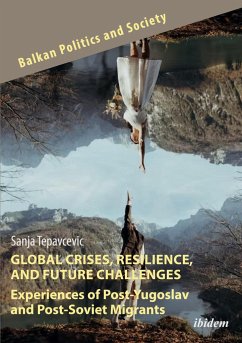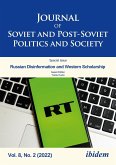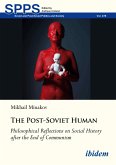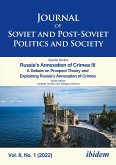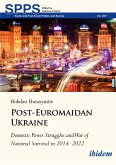Several consecutive global crises, including the collapse of the Socialist bloc, the global economic crisis, the COVID-19 pandemic, and the current war in Ukraine have put the lives of citizens of former Yugoslavia and the former Soviet Union under threat. How do the most affected amongst them manage to survive global crises? How do their experiences from previous crises influence their behavior when a new global crisis emerges? Through a unique comparison of life paths of post-Yugoslav and post-Soviet migrants and their communities across Europe, the Americas, and Africa, Sanja Tepavcevic offers a novel theoretical approach revealing a relationship between loyalty to communities and resilience to global crises. For many post-Yugoslav and post-Soviet migrants, the (perception of) exclusion from communities that they belonged to prior to a crisis tends to reshape their sense of belonging and modifies their loyalty to and identification with a community or collective identity. These processes represent psychological and cultural (or 'soft') forms of resilience. Similarly, as Tepavcevic demonstrates, greater physical (or 'tangible') resilience shows itself in emigration and the formation of alternative communities. By combining and analyzing narratives, participant observations, and theories of resilience and loyalty borrowed from social, behavioral, and the natural sciences, Tepavcevic demonstrates that global crises challenge existing communities and generate various forms of migrant communities, loyalty, and resilience. Among others, social scientists, migration policy-makers, and migrants will benefit from reading this book.
Bitte wählen Sie Ihr Anliegen aus.
Rechnungen
Retourenschein anfordern
Bestellstatus
Storno

